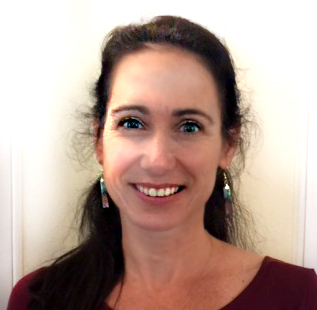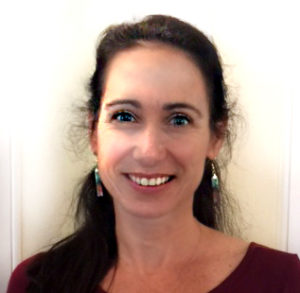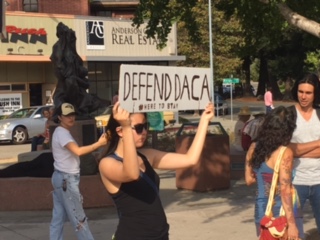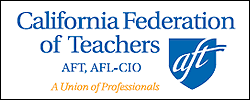
Editor’s note: I interviewed Rachel Mitchell over email. She is working on some dynamic projects around adjunct instruction and we had a lively exchange about her teaching and other work she’s been doing.
David Lau: How has your fall semester been? Have there been some moments you remember in a strong way?
Rachel Mitchell: This semester has been very educational. I’ve really enjoyed having the opportunity to learn more about and participate in outcomes assessment, accreditation, outreach, Guided Pathways, Dual Enrollment, CCFT, and Faculty Senate. A highlight from early in the semester was a very successful “Back to School Night” faculty outreach campaign that I organized at eight county high schools to promote dual enrollment. We had a record number of faculty & staff participating and we plan to make this an annual event.
DL: Could you talk about your background as an intellectual and anthropologist? What was your scholarly training like?
RM: My background is in applied anthropology. I’ve always been drawn to the applied fields with the conviction that since anthropologists study humans in such depth through ethnographic methods, we should use the information and knowledge produced to inspire empathy towards all our fellow humans, but more importantly, active civic engagement to address social injustices. It’s through learning about others, recognizing our shared humanity, and extending a hand to lift one another up that we lift up humanity. I didn’t go in to the field of anthropology to teach, but I have come to appreciate that teaching IS applied anthropology. And I must share that my interest in the discipline began right here at Cabrillo, and I am thankful to have the very instructor who inspired me to pursue anthropology, Allan Lonnberg, still act as a mentor to this day.
DL: What drives you as a teacher? What sort of approach do you bring to the classroom?
RM: Due to my background in applied anthropology, I’ve been trying to incorporate more opportunities for service learning projects in my classes and have seen some very positive student outcomes. I especially like the service learning model because it gets our community college students out of the classroom and in to the community, increasing our institutional visibility, providing students with experiential learning in applying anthropology, and giving back to the community through our partner service organizations. What drives me as a teacher is helping my students realize that we are all students of anthropology/humanity and that I am merely their tour guide along to help them in their educational journey. I have been so fortunate to have spent my 15 years of teaching at this college primarily at the Watsonville campus where I have met some of the hardest working, goal oriented, and dedicated students. They are my inspiration each and every semester.
DL: Could you talk about the project you are developing to study the working lives of adjunct instructors?
RM: Equity is an important issue in higher education, but our college, and the entire system of which it is a part, must absolutely address the inequities inherent in its over-reliance on contingent labor. Following along the lines of my “Education, Empathy, Activism” framework I use in my classes, my anthropology colleague, Heather Claussen and I, with the support of the CCFT Adjunct Committee, are collaborating on a faculty profiles project to bring greater visibility to the working lives of part-time faculty. Our hope is to inspire a culture of inclusion and recognition for the valuable contributions made by adjunct faculty at Cabrillo both in and out of the classroom to promote student success, and to highlight that faculty working conditions are student learning conditions and therefore inextricably linked to equity.




